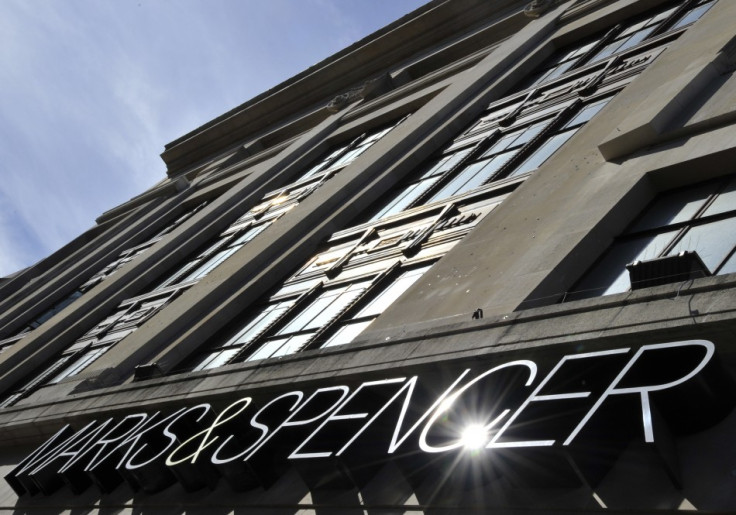Marks & Spencer Group Shares Down After Disappointing Q4 Sales in Trading Statement

Marks & Spencer (MKS.L) shares have fallen after a disappointing fourth quarter trading statement that saw the upmarket British retailer's increasing food sales carry falling sales in its general merchandise.
Like-for-like UK sales at Britain's largest clothing retailer fell, impacted by a shortage of stock in best-selling lines and M&S's decision to withdraw from the technology retail market, while the eurozone crisis held back international sales.
"We have continued to manage costs tightly, and are confident of delivering full year profits in line with expectations," Marc Bolland, M&S chief executive, said.
"While the short term trading outlook continues to be challenging, we are focused on investing in line with our plan and are making strong progress against our goal of becoming an international, multi-channel retailer."
Marks & Spencer Group stock was down 3.05 percent to 356.50 a share at 9:00am London time.
Group sales were up 0.8 percent in Q4 2011, while international sales dropped 2 percent.
Breaking this down, food sales was up 3.1 percent, while general merchandise was down 1.2 percent.
Looking deeper into general merchandise, clothing sales fell by 0.3 percent and home sales were down 7.5 percent.
Like-for-like UK sales were down 0.7 percent, with a 1 percent increase in food and a 2.8 percent decrease in general merchandise.
Sales on its internet arm M&S Direct were up 22.8 percent, reflecting a wider retail trend towards online shopping.
"M&S Direct delivered a strong performance with sales ahead of the market. We launched a number of new initiatives aimed at improving our customers' shopping experience, including M&S Outlet on-line store which has been very popular with our customers," said the M&S trading statement.
The company says it is "confident" that it will deliver 2011/12 profits that meet expectations.
Looking at 2012/13, M&S expects operating costs to increase by between 3 and 5 percent.
Britain's retail market has been hit hard recently as consumers rein in their spending amid rising unemployment, high inflation, stagnant wages, rising energy bills, and government cuts.
© Copyright IBTimes 2025. All rights reserved.






















